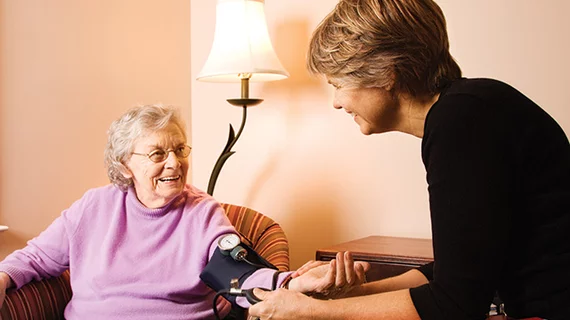Newly-launched Caren app helps families manage care for senior citizens
A graduate student at the University of British Columbia, in Vancouver, recently launched a mobile application that helps families and caregivers manage the care of senior citizens.
CareCrew Technologies launched its new Caren app on Monday, Oct. 1, for iPhone and Android devices. The app was created by UBC graduate student Christina Chiu, who also serves as the company’s founder and CEO.
According to its website, the app is designed to improve the quality and quantity of life for seniors living at home while also reducing frustration for informal caregivers. It allows caregivers and family members to work together and communicate about a senior citizen’s care plan.
The app helps families of seniors with multiple caregivers, who have unique needs and preferences, who live alone or with family and who are on a routine schedule, according to the website. Its features also include storing personal health records, sharing tasks and logging daily updates.
“Studies show that when people age, they prefer to age at home or their child’s home,” the website said. “This puts pressure on family members who describe caregiving as ‘like a second job.’ CareCrew is building a seniors care solution that coordinates and communicates the plan of care."

